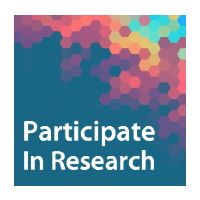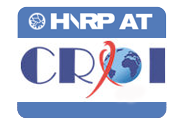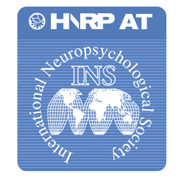New TMARC Study Shows That Substance Use Affects Neurocognitive Functioning in Acute and Early HIV Infection
A new TMARC study published in the latest issue of Journal of NeuroVirology suggests that substance use may affect neurocognitive functioning in acute and early stages of HIV infection (AEH). The study was led by predoctoral student Erica Weber, who worked alongside TMARC investigators to examine the impact of demographic, HIV disease, and substance use factors on HIV-associated neurocognitive impairment and self-reported neuropsychiatric distress (e.g., anxiety) in 46 adults who had been infected with HIV for less than 4 months on average.As compared to 21 HIV seronegative (HIV-) adults with comparable demographics and risk factors, individuals with AEH were nearly four times more likely to demonstrate neurocognitive impairment, especially in their ability to learn a list of words and to process information quickly and efficiently. Within the AEH sample, HIV-associated neurocognitive impairment was associated with higher levels of problematic methamphetamine use (and higher levels of HIV RNA in blood). Individuals with AEH were also about five times more likely to report experiencing neuropsychiatric distress, especially symptoms of anxiety and depression, which were associated with high-risk alcohol use. Taken together, these findings suggest that the central nervous system is affected early in the course of HIV infection and that substance use may play an important role in that regard. Future studies are needed to determine the impact of these CNS changes on real-world functioning, such as medication adherence, and to identify the best ways to improve health outcomes in AEH with high risk substance use (e.g., cognitive remediation).
To Cite:
Weber E, Morgan EE, Iudicello JE, Blackstone K, Grant I, Ellis RJ, Letendre SL, Little S, Morris S, Smith DM, Moore DJ, Woods SP, and the TMARC Group. (2013). Substance use is a risk factor for neurocognitive deficits and neuropsychiatric distress in acute and early HIV infection. Journal of NeuroVirology, 19, 65-74.






